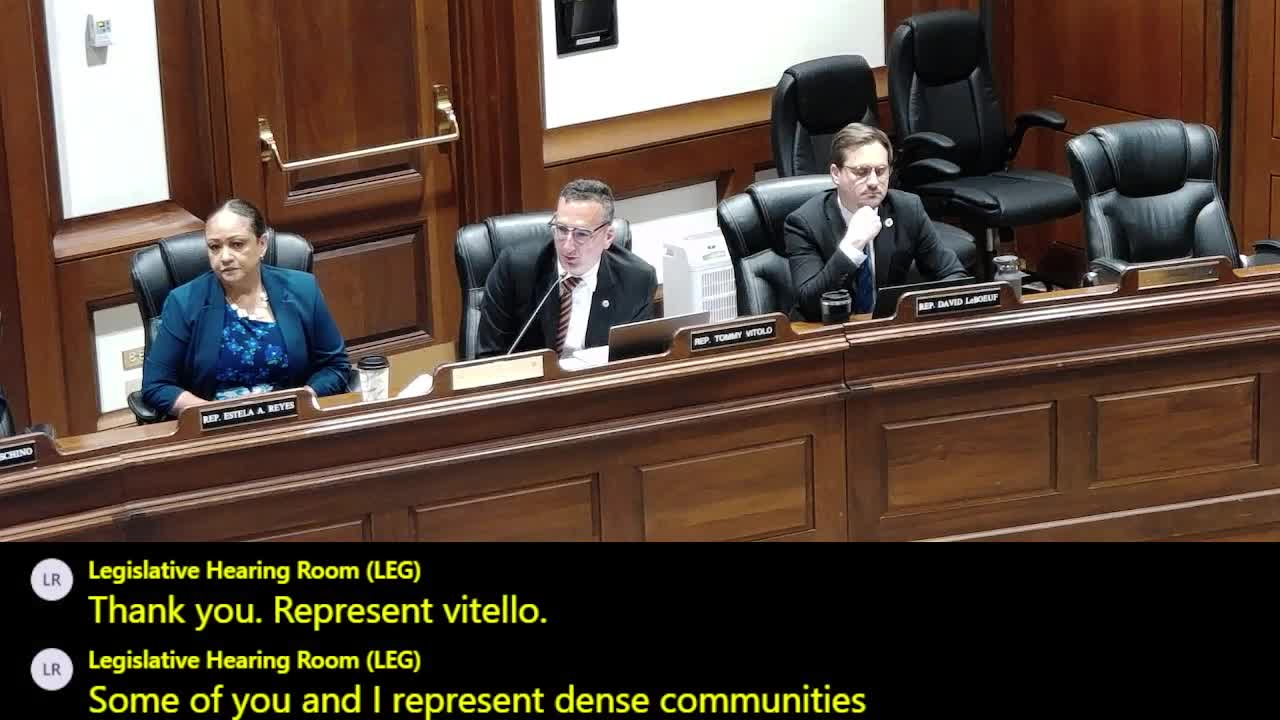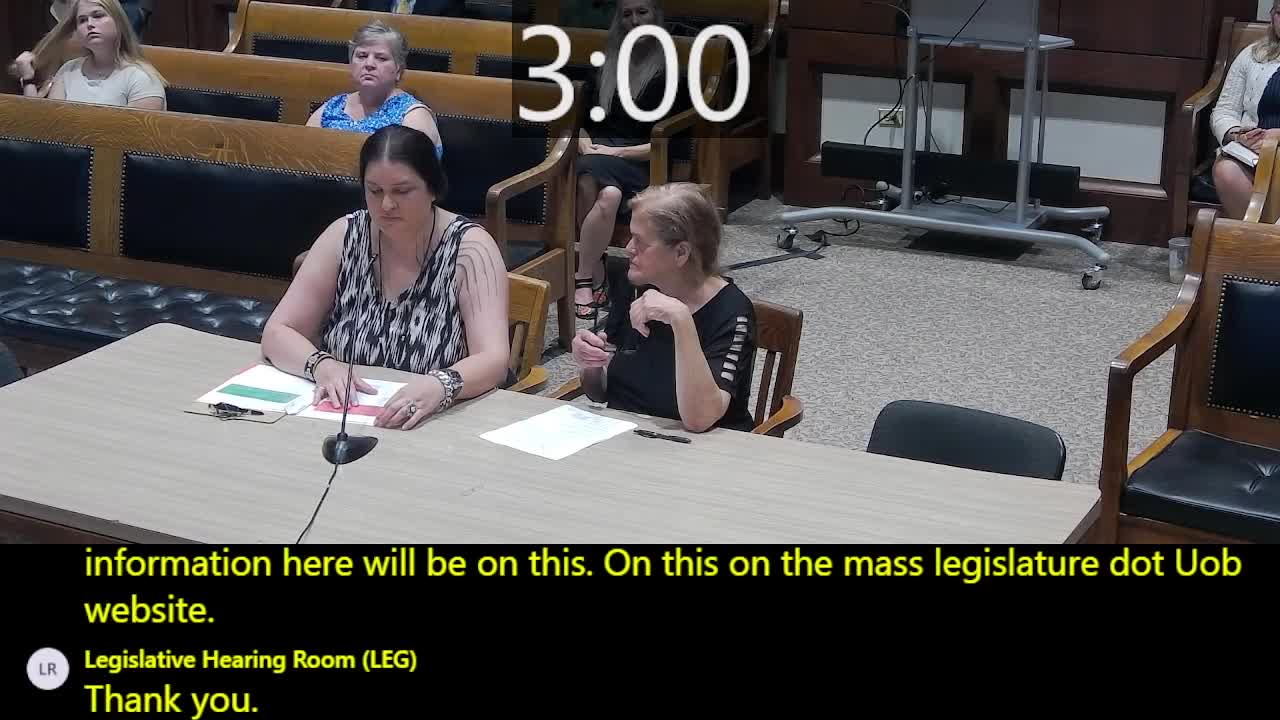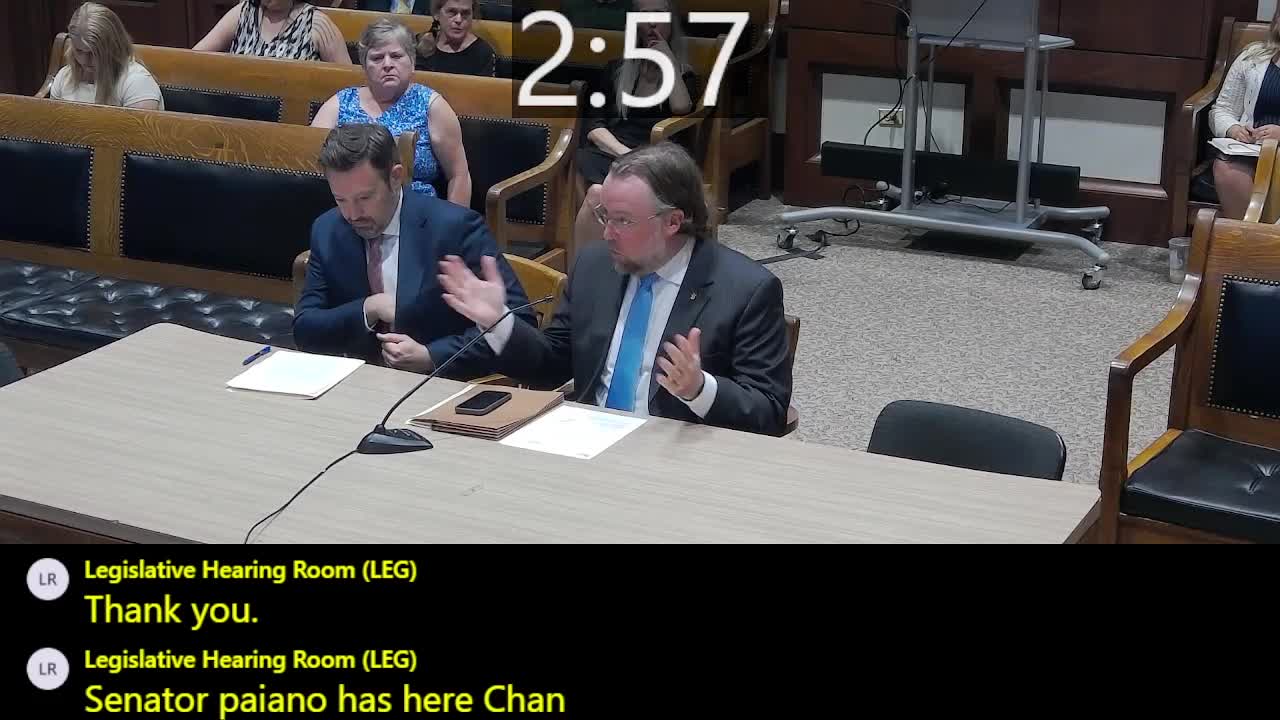Article not found
This article is no longer available. But don't worry—we've gathered other articles that discuss the same topic.

Chelsea lawmaker urges reallocation of lottery revenue shares to benefit underserved communities

Massachusetts residents and animal‑welfare advocates press committee to tighten review of racetrack and simulcast proposals

